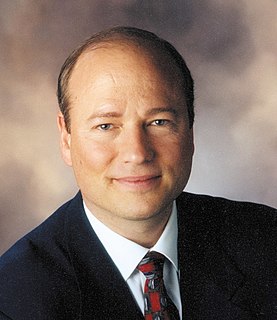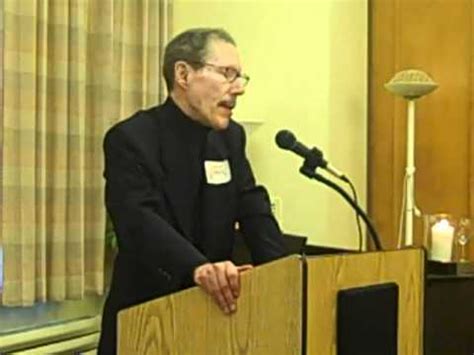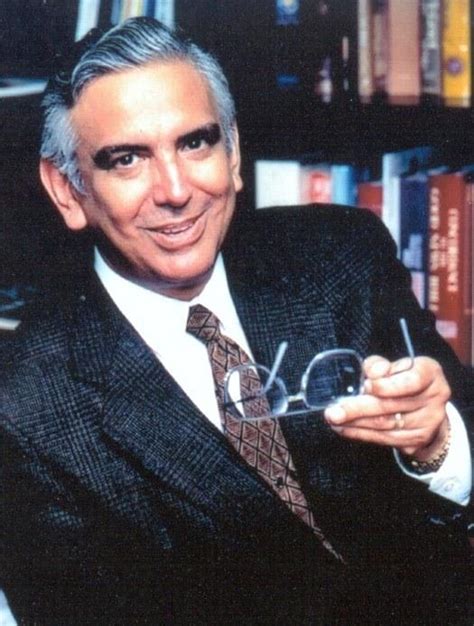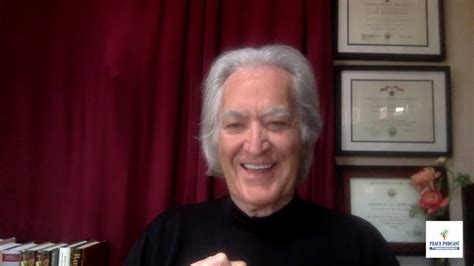A Quote by Stanislav Grof
Western science is approaching a paradigm shift of unprecedented proportions, one that will change our concepts of reality and of human nature, bridge the gap between ancient wisdom and modern science, and reconcile the differences between Eastern spirituality and Western pragmatism.
Related Quotes
The progress of science has always been the result of a close interplay between our concepts of the universe and our observations on nature. The former can only evolve out of the latter and yet the latter is also conditioned greatly by the former. Thus in our exploration of nature, the interplay between our concepts and our observations may sometimes lead to totally unexpected aspects among already familiar phenomena.
Sex cannot be understood because nature cannot be understood. Science is a method of logical analysis of nature's operations. It has lessened human anxiety about the cosmos by demonstrating the materiality of nature's forces, and their frequent predictability. But science is always playing catch-up ball. Nature breaks its own rules whenever it wants. Science cannot avert a single thunderbolt. Western science is a product of the Apollonian mind: its hope is that by naming and classification, by the cold light of intellect, archaic night can be pushed back and defeated.
Religion and science, for example, are often though to be opponents, but as I have shown, the insights of ancient religions and of modern science are both needed to reach a full understanding of human nature and the conditions of human satisfaction. The ancients may have known little about biology, chemistry, physics, but many were good psychologists.
No civilisation, not even that of ancient Greece, has ever undergone such a continuous and profound process of change as Western Europe has done during the last 900 years. It is impossible to explain this fact in purely economic terms by a materialistic interpretation of history. The principle of change has been a spiritual one and the progress of Western civilisation is intimately related to the dynamic ethos of Western Christianity, which has gradually made Western man conscious of his moral responsibility and his duty to change the world.
There are very real differences between science fiction and realistic fiction, between horror and fantasy, between romance and mystery. Differences in writing them, in reading them, in criticizing them. Vive les différences! They're what gives each genre its singular flavor and savor, its particular interest for the reader - and the writer.






































